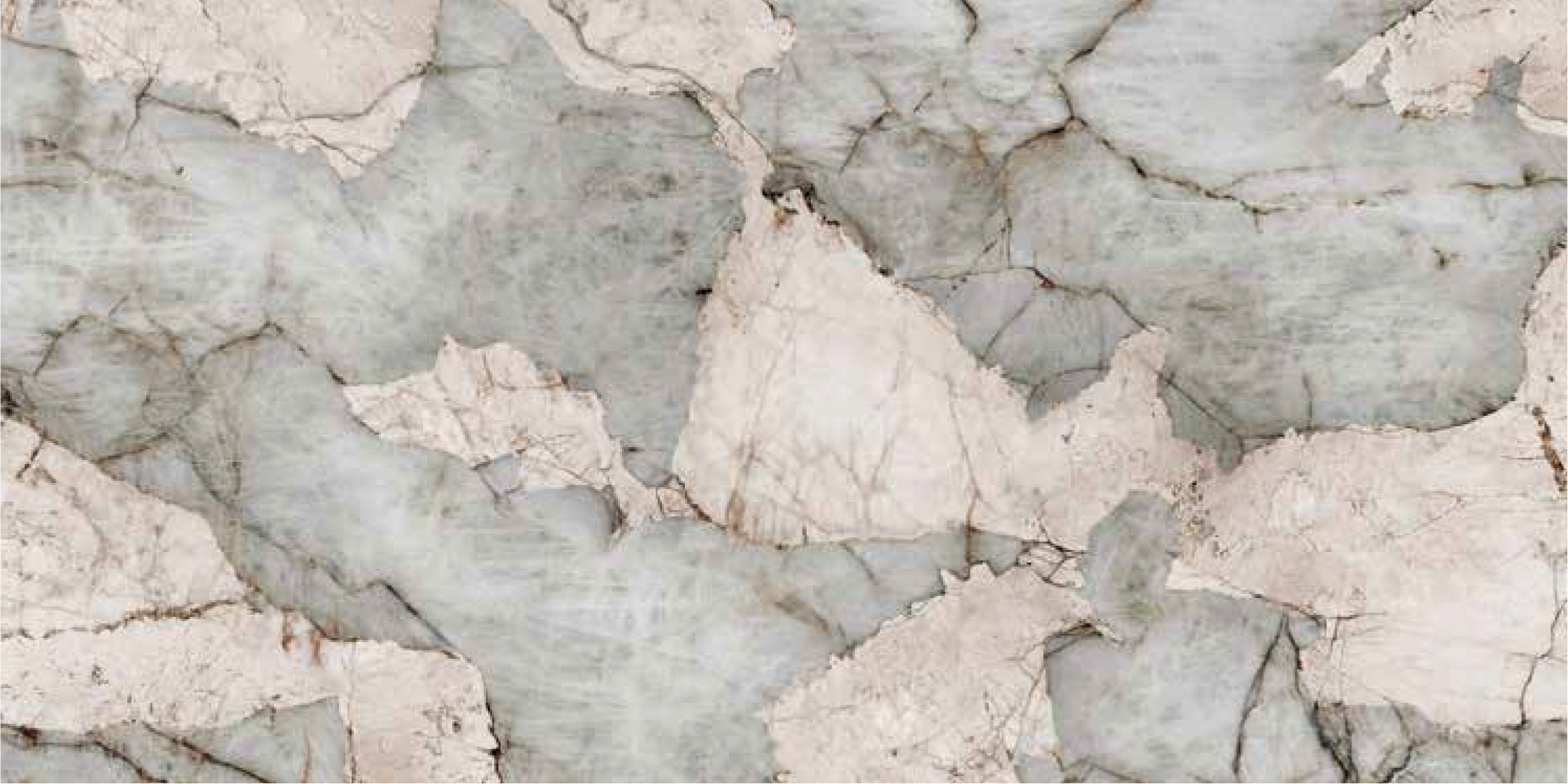Considering how standard porcelain sinks and toilets are in bathrooms and kitchens, we are all pretty familiar with porcelain furnishings. But thanks to advancements in porcelain, there is now an ever-growing list of uses for this gorgeous material, including countertops. You might be interested in discovering more about the colors and patterns offered if you’re considering choosing porcelain for your home’s countertops. Because of the modern manufacturing methods used to produce this material, you can choose from an endless number of patterns and colors for your porcelain. You can also choose designs that remarkably resemble natural stone. However, you also need a surface that will withstand the demands of your household’s lifestyle. In high-traffic kitchens, can porcelain handle the workload? How does it stack up against other stone surfaces? We’re here to find out.
Is Porcelain Durable for Countertops?
If this is your first time using a large porcelain slab, you might be unsure about the durability of this kind of surface. Porcelain is an excellent choice for you if you are concerned about the countertops’ lack of sturdiness and strength. The strength of porcelain countertops is more than that of other materials like granite, in addition to being incredibly durable and long-lasting. Since porcelain is not fragile, it is suitable for a variety of places, including countertops. The feldspars, mineral oxides, and silica found in kaolinite clay, which is used to make porcelain, give the surface extraordinary strength. However, the way the porcelain is treated is what really contributes to its astounding hardness. It is fired at temperatures of up to 2,500 degrees in a kiln. Porcelain slabs form a firm, solid structure resilient to all sorts of damage once they have cooled. Additionally, porcelain surfaces don’t need to be sealed, so you will never worry about resealing them once they are placed. Its strength has remained intact from the day it was installed. And due to its manufacturing process, it is very resistant to heat.
Porcelain’s characteristics make it suitable for a wide variety of applications. Porcelain slab is applied in a range of applications because of their strength and flexibility. The most common areas to utilize porcelain slabs are in bathrooms and kitchens, though they can also be used on walls or fireplaces. As it is heat and UV-resistant, you can also use porcelain counters in your outdoor kitchen or dining area.
Do Porcelain Countertops Chip and Crack?
According to the Mohs scale, marble scores around 3-5, granite is 6-7, and quartzite and manufactured quartz are around 7. Compared to these popular countertop materials, the hardness of porcelain can be up to 30% more than that of granite. As a result, porcelain is incredibly resistant to scratches, chips, and cracks.
However, you should consider the possibility of a porcelain kitchen countertop chipping or cracking. It is very sturdy but not totally immune to damage. Nonetheless, the porcelain slab is highly resilient and withstands normal wear and tear well. For anyone who enjoys cooking and wants a gorgeous surface that doesn’t require a lot of maintenance, porcelain countertops are perfect. Porcelain is a truly magnificent option for kitchen countertops because it is not only resistant to chipping and scratches but also simple to clean and sanitize. However, it would help if you were careful not to drop anything heavy around its edges. The strength of this countertop material, like other materials, is lesser around the edges.
Is it reparable?
As I’ve mentioned above, porcelain countertops are strong and can withstand a substantial amount of abuse, but accidents happen. In case of such accidents that lead to the porcelain countertop being damaged, how easy is it to repair? You can use a porcelain repair kit to fix a chip in your porcelain slab surface on your own. It’s best to change the porcelain surface if the damage is severe. It is uncommon for porcelain slabs to chip or break; therefore, this shouldn’t be a problem with normal use. You shouldn’t expect any cracking in the surface over time if the porcelain slab was put accurately by a certified professional.
Conclusion
As you can see, porcelain is a quality surface that offers a great degree of versatility, strength, and overall performance. It is also simple to maintain. They are sleek, elegant, UV-resistant, resistant to wear and tear and come in a variety of colors and designs. You can even alter the thickness and edge styles. The main drawbacks of porcelain countertops center on their superficial beauty. Even though it is unlikely you’ll damage your porcelain countertop, it’s almost certain that any cracks or faults will be visible in case of an accident. However, there are some manufacturers that have started making porcelain countertops with designs that aren’t just skin-deep. Even so, porcelain’s advantages ultimately exceed its disadvantages, placing it among the greatest countertop materials available. So, with the proper preparation and maintenance, porcelain countertops can undoubtedly be both a functional and stylish option for your modern kitchen.

